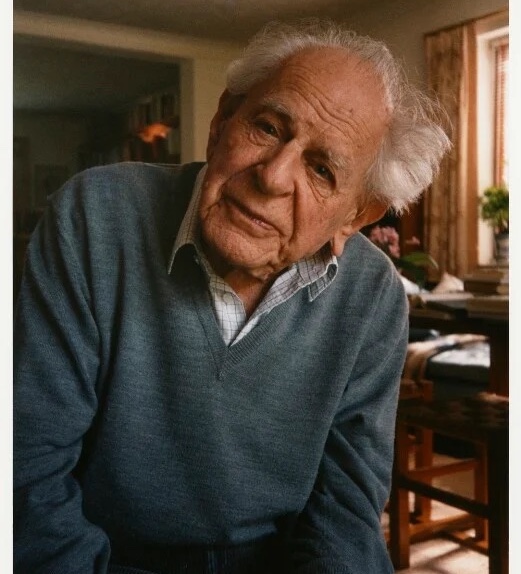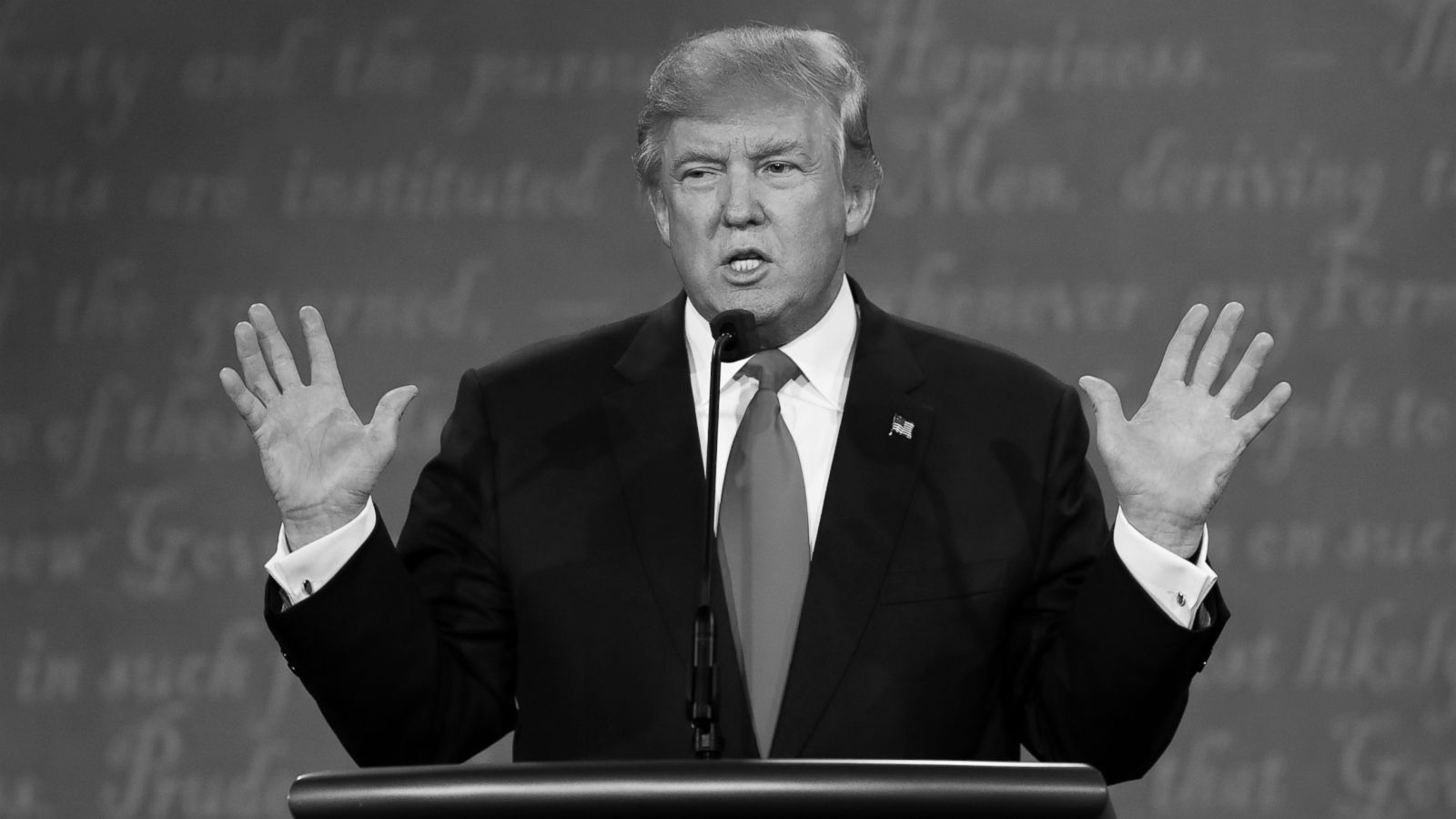On the importance of norms over policies
August 13, 2024
If I had to label myself, I would hesitatingly choose “critical rationalist.” I have a growing aversion to associating my views with any group or slogan, having experienced how such branding can disable my ability to think clearly. But I admire the philosophy of critical rationalism more so than any other, and it would be cheap to refuse to recognize its impact on my thinking.
In fact, calling critical rationalism a philosophy nearly misses the mark. There’s no required metaphysical, moral, or political view you must adopt to be invited to this club. You must instead opt into a tradition—a tradition of criticism. This tradition is motivated by the recognition that humans are imperfect; that we are fallible. Our thinking is error-prone, our knowledge tentative, our ability to see into the future limited.

Sir Karl Popper, the father of critical rationalism. Image Credit.
Acknowledging our fallibility may seem a small thing, but the consequences run deep. It implies that mistakes are par for the course; that error—whether ethical, scientific, or political—is inevitable. Instead of focusing on procedures that try to guarantee correctness, the critical rationalist seeks means by which to identify and correct the errors that will be made.
Such error correction is accomplished by subjecting our ideas to critical evaluation, both by ourselves but, most importantly, by others. This is the tradition of criticism: the recognition that progress entails creating institutions that have as one their primary aims the ability to detect and correct errors by means of critical feedback. It’s this tradition that has allowed us to make slow, incremental progress towards building a better world. Destroying this tradition destroys our means of error correction, the prohibition of which is perhaps the only moral precept shared by all critical rationalists.
In science, the tradition of criticism takes the form of peer-review and falsification.
A scientist’s word counts for nothing; no one is given the authority to issue truth by decree. Instead, we have him write down his arguments and present them to others for evaluation.
In politics, the tradition of criticism has several components. One is free speech, the ability to point out what you perceive as errors being made by the culture and those in power. Another is our democratic norms. Democracy at its best is the means by which we tentatively try policies but voters retain the power to dismiss those they don’t like, and the leaders that proposed them. Democracy is not about justice or fairness or equality—admirable as such goals may be—it’s simply our current best idea about how to instantiate a system of social experimentation and error correction on the political stage. Instead of subjecting ourselves to the whims of a monarch, we bestow temporary and partial power to elected officials. And if we don’t like the results, we vote them out of office.
I am partial to critical rationalism because I am proud of the tradition of criticism that the West has, by and large, adopted. It is therefore with some alarm that I see self-proclaimed critical rationalists ride the wave of support for Donald Trump, a man whose every utterance displays his contempt for this tradition that we’ve fought for so long to establish and maintain.
Support for Trump is usually justified by appealing to specific policies. Perhaps he has promised to oppose debt cancellation for the wealthy, to kill some of the zoning regulations that make building new housing largely impossible, or to not pursue Biden’s rent control schemes. In fact, these are all policies that I support. But policies are irrelevant, at least when compared against the health of the institutions which allow such policies to be proposed in the first place.
In other words, policies come second to the norms that uphold the tradition of criticism. Like many Trump supporters, I’m also concerned about leftist cultural dogma and its influence on universities (where I’m a first hand witness to it) and parts of the media. But the left’s problems remain a matter of policy, and are therefore correctable within the realm of politics. A fetish for economic regulation, the inability to build anything, and the pursuit of “equity” at the expense of everything else, are all ideas that can be reformed at the ballot box. While many of Trump’s ideas are like this, his obvious disrespect for America’s critical tradition is not.

Trump refused to say whether he would accept the election results in his debate with Hillary Clinton, and followed through on his threat by encouraging a mob to attack the US Capitol building in order to overturn the 2020 election. He reiterated his refusal to sign off on a peaceful transfer of power in a recent Time interview.
Democracy is upheld by both formal (legal) and informal (cultural) means, and Trump has eroded both. Unfortunately, listing his many transgressions is now simply dismissed as a partisan talking point of someone with “Trump derangement syndrome,” a phrase insidiously designed to disqualify any criticism of him. We need only focus on two behaviors to see his unsuitability for office, however: Trump has broken the norm against intimidating your political opponents (whether by means of political persecution or more direct violence) and has refused to acknowledge losing an election. These violations should be enough for the critical rationalist to dismiss him as a viable candidate.
These two norms—the open contest between candidates and the ability to vote a candidate out of office—are pillars of the democratic tradition. They are how we introduce new ideas into politics, and how we get rid of bad leaders without bloodshed and violence. They are how criticism is enacted in the political arena. A disrespect for these norms should be met with fury from the electorate, for they are at the core of what makes America great.
Thanks to Vaden, Kasra, Rich, and Cam for feedback on earlier drafts.
Back to all writing
Subscribe to get notified about new essays.



